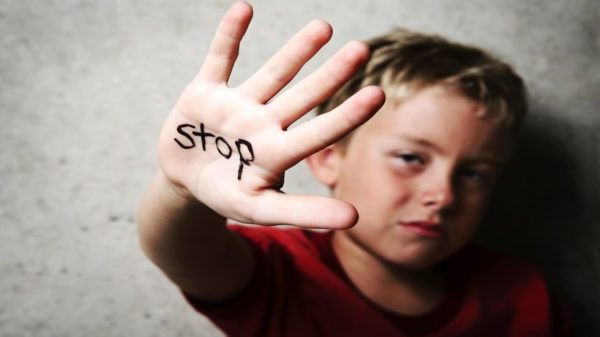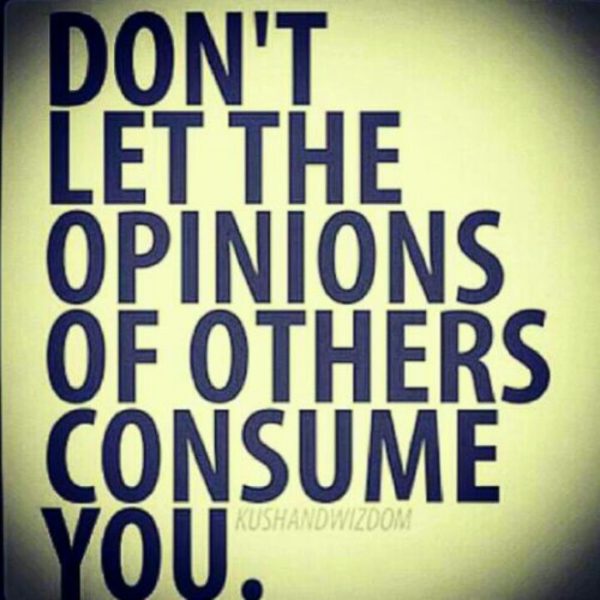Uncertainty is the root of fear
Distrust is the root of uncertainty
Scarcity is the root of distrust
Hostility is the root of scarcity
Sorrow is the root of hostility
Attachment is the root of sorrow
Fear is the root of attachment
Chaos is the root of all
Harmony is the equal opposite of chaos
When I was a young adult, I attached myself to the belief, ‘I am the helpless victim of child abuse. My life is forever damaged.’ But as I grew, I began to see my parents as people who were mentally ill—an explanation, not an excuse—and that I was no longer that frightened, beaten child. Through that shift in perspective, I found my strength. I also attached myself to the grief over Erik’s death. I felt that letting go of that anguish meant letting go of what little I had left of him. So that grief became the teddy bear that I could squeeze for comfort. Eventually, I discovered that that teddy bear was no friend, and every hug squeezed just a little more life out of me.
Me: Attachment is the root of sorrow. I think attachment really plays a key role in suffering, but tell me what you know it.
Erik: When you attach to a negative like a negative view of yourself, a negative life circumstance, a negative view of how you think other people judge you, it fucks thing up. Not having something to attach to –
(Pause)
Erik starts playing with his face. He has his hands moving around on it. It seems like he’s trying to explain things in the right words.
Erik: Look, you try desperately to attach yourself to something. I’m talking about your ego, not your soul or true essence. We talked about this before. Your ego needs an identity, or it thinks it won’t exist. It thinks it’ll be destroyed. So attaching to something negative is better than not having anything to attach to at all. For example, a lot of people hold onto their past experience of child abuse. Feeling like you don’t have abundance is also a belief some people attach to. Attachment goes along with your beliefs. Your head has to be behind it, meaning your beliefs have to support the existence of what you’re attaching to, and your emotions also have to support that. But sometimes the things you attach to hold you back. That narrows down options. Let’s say you always wanted to grow up and be on Wall Street and do stocks or whatever—
Do stocks?
Erik: —so you’ve set that as your goal. You’ve attached to it, but it never played out for you. Because it didn’t and that was your main attachment, you didn’t have many options to fall back on. You might have come up with a Plan B, but now you’re extremely unhappy even with that Plan B because the original attachment didn’t work out for you. And it’s horrible because when you die and you look at it, you might go, “Shit, that was way better for me than Wall Street!” But you never felt that joy and satisfaction the rest of your life because your belief system and your logic and your heart were behind that Wall Street attachment. You feel sorrow.
Me: I’ve had attachments to past experiences like my horrible childhood. That’s an attachment to the belief in “I’m a victim.” I’ve been in that state before, and it can certainly cause a lot of sorrow.
Erik: Absolutely.
Me: It seems like people often attach themselves to things that pull them down.
Erik: Self-sabotage. Ding! But they can also attach themselves to a role, like, “I AM A DOCTOR.” Well, you can define yourself entirely as a doctor, that’s the kind of attachment we’re talking about, or you can be a human being who helps people by practicing medicine. In any case, attachment is the life buoy for the ego.




